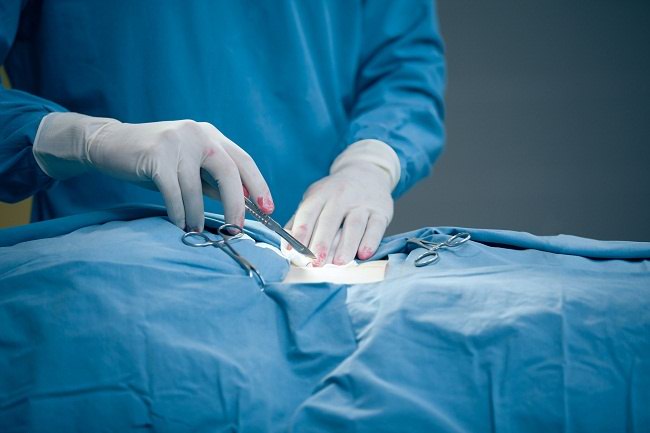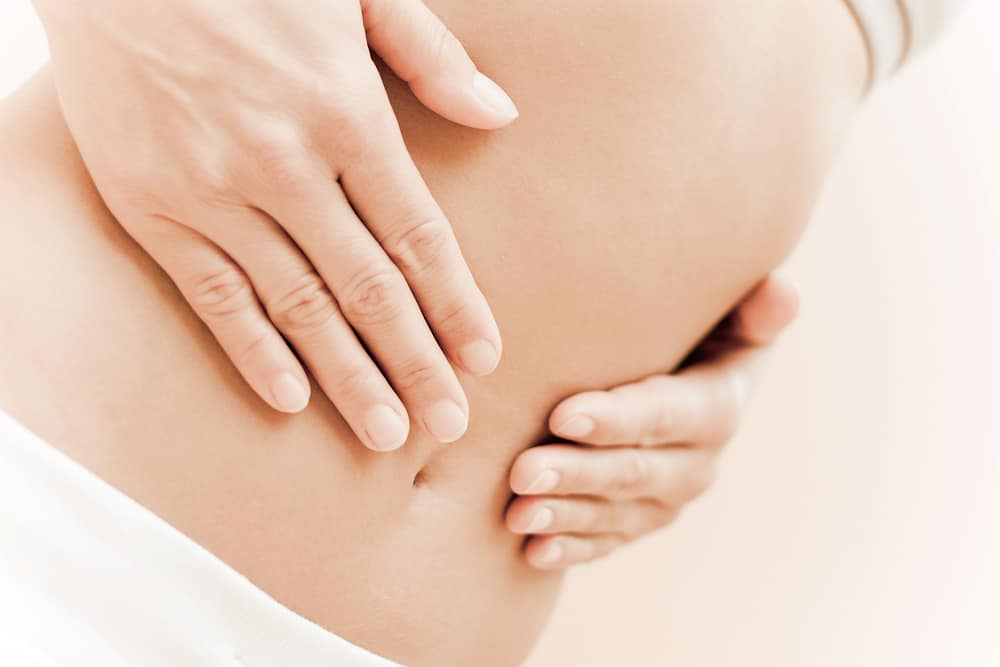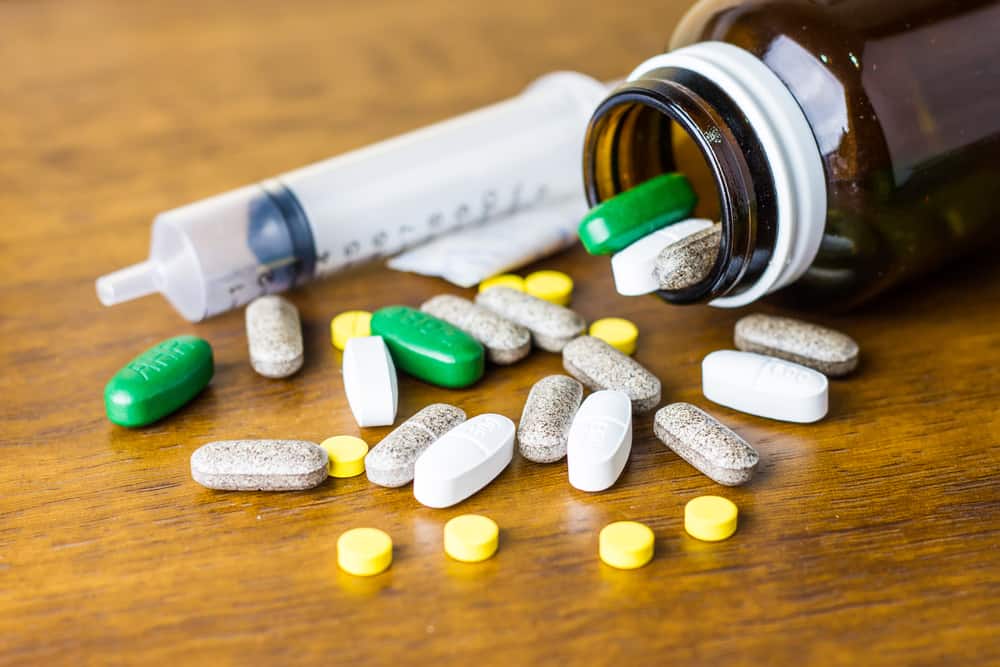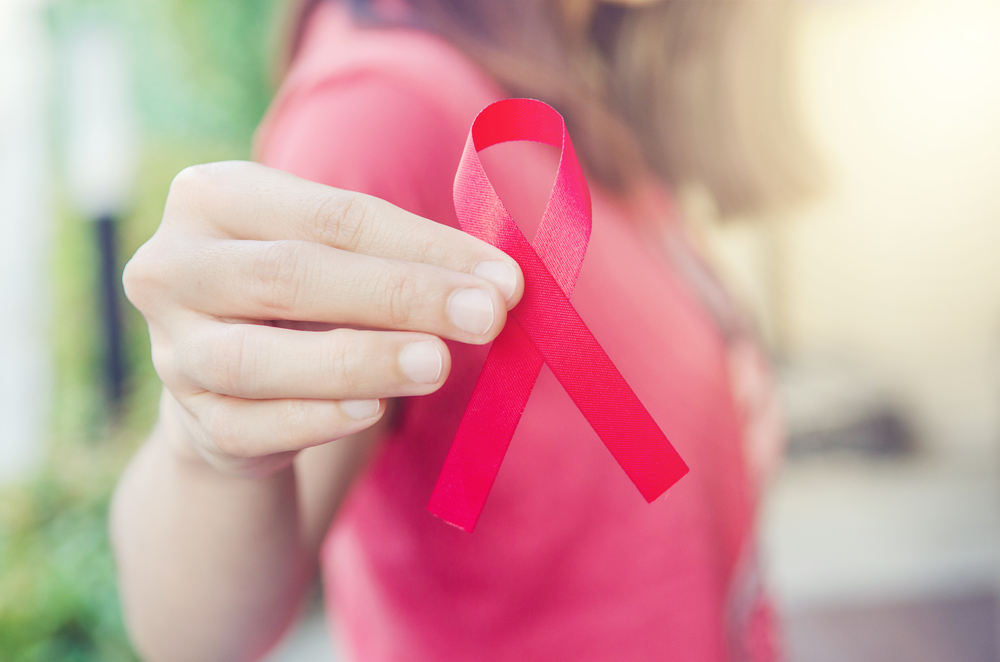Contents:
- Medical Video: Exercises After Hysterectomy to Reduce Hysterectomy Side Effects
- Who needs to undergo a hysterectomy?
- How do you speed up recovery after a hysterectomy?
- 1. Overcome constipation
- 2. Avoid lifting heavy objects
- 3. Don't drive right away
- 4. Do the appropriate exercise
- 5. Don't directly have sex
- 6. Pick your food
- Psychological recovery after surgical removal of the uterus
Medical Video: Exercises After Hysterectomy to Reduce Hysterectomy Side Effects
Surgical removal of the uterus or hysterectomy is the act of removing the uterus from a woman's body. Lifting can be done on the whole or part of the uterus, and can be accompanied by removal of the ovary or cervix or not.
Many women decide to do a hysterectomy to prevent uterine and ovarian cancer. For those of you who have struggled to do a hysterectomy, here's a recovery guide after hysterectomy that you can try.
Who needs to undergo a hysterectomy?
Hysterectomy needs to be done because of the presence of a disease or uterine bleeding that cannot be overcome by other means. For example benign tumors in the uterus that cause pain and bleeding, peranakan down, endometriosis, continuous bleeding from the vagina, thickening of the uterine wall, and chronic pain in the pelvic area.
Removal of the uterus is also often needed in cases of uterine cancer, cervical cancer, or ovaries (ovaries). Hysterectomy should be considered if all other therapies do not succeed in overcoming the disease.
Cervical removal is a major surgery that requires time to recover. Recovery from surgical removal of the uterus usually takes two to six weeks.
How do you speed up recovery after a hysterectomy?
To minimize pain after a hysterectomy, you need a recovery time of around 6 weeks. Also note the following important things to speed up recovery after a hysterectomy.
1. Overcome constipation
Constipation after hysterectomy is very uncomfortable and this must be prevented. You must stay well hydrated, visit a doctor and ask for stool softeners if you experience constipation.
2. Avoid lifting heavy objects
Listen to your body, avoid lifting heavy loads or manual work related to lifting weights. Without a work model like this, chances are you are back to normal in 4-8 weeks.
3. Don't drive right away
Drive carefully. Drive slowly and always wear a seat belt. You may have to wait for 3-8 weeks before you are allowed to drive or bring the vehicle back.
4. Do the appropriate exercise
Do the right exercises. The hospital is likely to offer appropriate sports recommendations. Maybe in the form of walking, swimming. Avoid excessive exercise too. Do light weight lifting (only if needed) and do it with your back straight and knees bent. This method is very good for reducing the risk of blood clots in the legs.
5. Don't directly have sex
You should not have sex immediately after a hysterectomy. Tell your partner that you need time, wait until you really feel comfortable and not sick. Vaginal dryness or loss of libido may occur initially. Wait about 6 weeks before continuing your normal sexual activity. Use condoms to prevent venereal disease.
6. Pick your food
In terms of food, it is advisable to avoid foods that cause gas such as beans, beans, broccoli, cabbage and foods that are too spicy. Foods that are rich in protein and drink lots of fluids are highly recommended because they can help the recovery process.
Psychological recovery after surgical removal of the uterus
A woman has different psychological endurance. There are women who feel they are fine both physically and psychologically. Some feel strong but still experience psychological shock due to hysterectomy.
The loss of organs that symbolizes a woman's self may cause feelings of inferiority, depression, and a sense of deep loss in women who undergo removal of the breast, uterus, and ovaries.
For that, you who do a hysterectomy really need the support of friends and family. If needed, consulting a psychologist or psychiatrist can help ease your burden postoperatively. This can help recovery after a hysterectomy.












